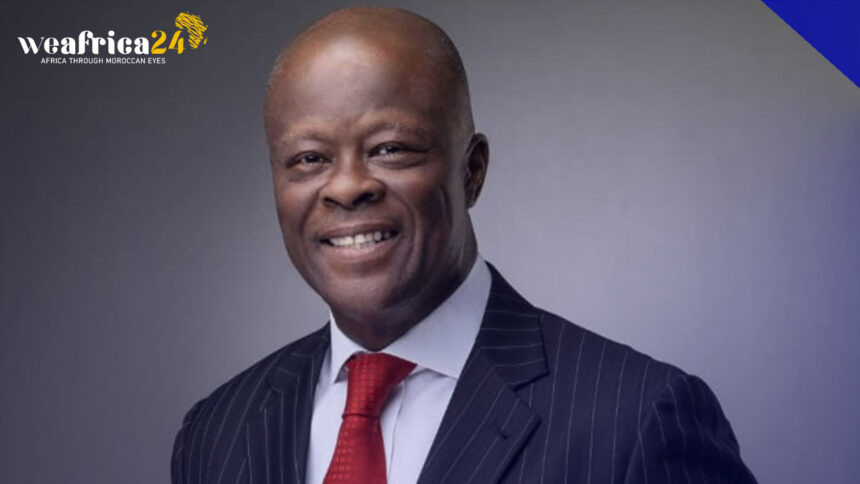According to recent findings, Foreign Direct Investments (FDI) into Nigeria experienced a substantial decline of $19 billion over ten years, plummeting from $22.7 billion in 2014 to $3.7 billion in 2023.
This revelation was disclosed during a presentation delivered by the Minister of Finance and Coordinating Minister of the Economy, Wale Edun, to prominent business leaders in Lagos.
The presentation, conducted before esteemed business executives at the Lagos Business School Breakfast Club, shed light on the critical economic challenges facing the nation and the government’s strategies to address them.
The Lagos Business School Breakfast Club serves as a platform for C-suite executives to access valuable insights into the business environment, minimizing the consumption of their most precious resource: time.
Held on the first Wednesday of each month, the one-hour session commences with an overview of the economic outlook for the month, followed by a presentation from a distinguished guest from either the business sector or government.
The primary objectives of the Breakfast Club encompass showcasing available opportunities and enhancing comprehension of prevailing issues. Beyond the business community, participation extends to members of the diplomatic corps, development partners, and government officials, fostering an environment for sharing experiences and building networks.
Edun emphasized that the crux of the Federal Government’s economic reforms aims to bolster foreign exchange supply through increased Foreign Direct Investments and Foreign Portfolio Investments.
Delving into specifics, Edun outlined the trajectory of Foreign Direct Investments in Nigeria, noting a decline from $22.7 billion in 2014 to $3.7 billion in 2023. Despite fluctuations, FDI witnessed a downward trend over subsequent years, reaching its lowest point in 2023.
During the meeting, Edun also unveiled the government’s intention to issue domestic bonds denominated in foreign currency in the second quarter of the year. This move aligns with efforts to attract additional foreign exchange inflows aimed at stabilizing the national currency.
Commenting on the rationale behind this initiative, Edun remarked, “Due to lack of confidence in the currency, we have decided to seek security and savings in dollars.”







